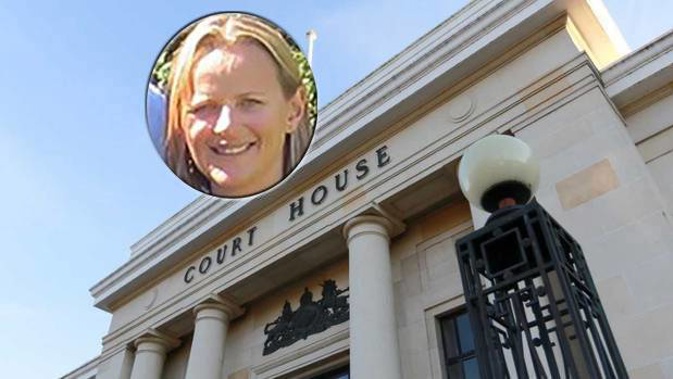
Experts have flagged there is a lack of gender-specific rehabilitation for female sex offenders in New Zealand, compared to men who are more often imprisoned and enter male-oriented group programmes.
37-year-old Jaimee Marie Cooney was jailed in December for two years and six months after admitting to sexually abusing two schoolboys.
She was also placed on the child sex offender’s register and is one of four female child sex offenders currently in New Zealand’s prisons.
The Corrections Department cannot legally say how Cooney will be treated for her offending, but confirmed all offenders are given an individualised plan.
A Corrections spokesperson wouldn’t confirm confidence in the effectiveness on an individualised programme for Cooney, citing the Privacy Act.
Child sex offender plans include a “referral for psychological assessment to determine the appropriate rehabilitation”.
However, low offender numbers means there is no specific group programmes for females and Corrections has no plans to develop one. Instead, the spokesperson said “treatment options could include one-to-one psychological treatment or other group rehabilitation programmes”.
For Male Survivors Aotearoa national advocate Ken Clearwater that is not good enough.
He said not only is there a lack of services available for female offenders, “there’s also limited understanding that there are actually female sex offenders in our communities”.
Clearwater said there needs to be female offender targeted programmes to ensure rehabilitation is appropriate and group programmes should be developed in preparation for if numbers increase.
“We have to have specialist services.”
He said talking about female sex offenders and that men can be sexually abused was still a taboo topic in society, but that needs to change. “Once it becomes public knowledge you will get a whole lot of males who, once they feel safe, will be able to come forward and disclose.”
“When I started this work 23 years ago, no body accepted that there were actually male victims of sexual trauma.”
Clearwater said female offenders are not seen by society as being sexually motivated compared to male offenders. He said that can make it confusing for males and hard to identify they are being sexually offended, especially when they are young.
Otago University senior psychological medicine lecturer Dr Tess Patterson largely agrees with Clearwater – saying female sex offences are often connected to mental health issues. She concurred there needed to be more research into female sex offenders and more specific sexual offence treatment.
She said there was more rehabilitation for female offenders on community-based sentences, which were of concern for issues that could be presented to victims.
Patterson said it was part of a wider discussion of female sex offenders getting lighter sentences than men. She said lighter female sentencing could leave victims feeling minimised and that justice has not been served. “The research, to date, is showing worldwide is that female offenders usually get … a shorter sentence or it may also be a non-imprisonment sentence.”
Patterson said one study showed most female sex offenders in New Zealand did not end up in prison despite being the starting point of sentencing.
Canterbury University senior clinical psychology lecturer Dr Sarah Christofferson said while there was minimal research on female sex offenders, there was enough to indicate the treatment did need to differ from that for male offenders. “Treatment does really need to be gender specific,” she said.
However, Christofferson said group programmes might not be efficient until there are larger numbers in a single prison so as not to remove them from other support systems.
She said “we [should] take what we do know and try and work that into the most adaptive response for the individual”.
Christofferson said group programmes had to be responsive to each offender – being flexible to differences in each individual’s offences. Christofferson, Patterson and Clearwater each agreed there were differences in the sexual offending by males and females, but a lack of knowledge about female sex offenders would contribute to creating a flexible group programme.
Take your Radio, Podcasts and Music with you









